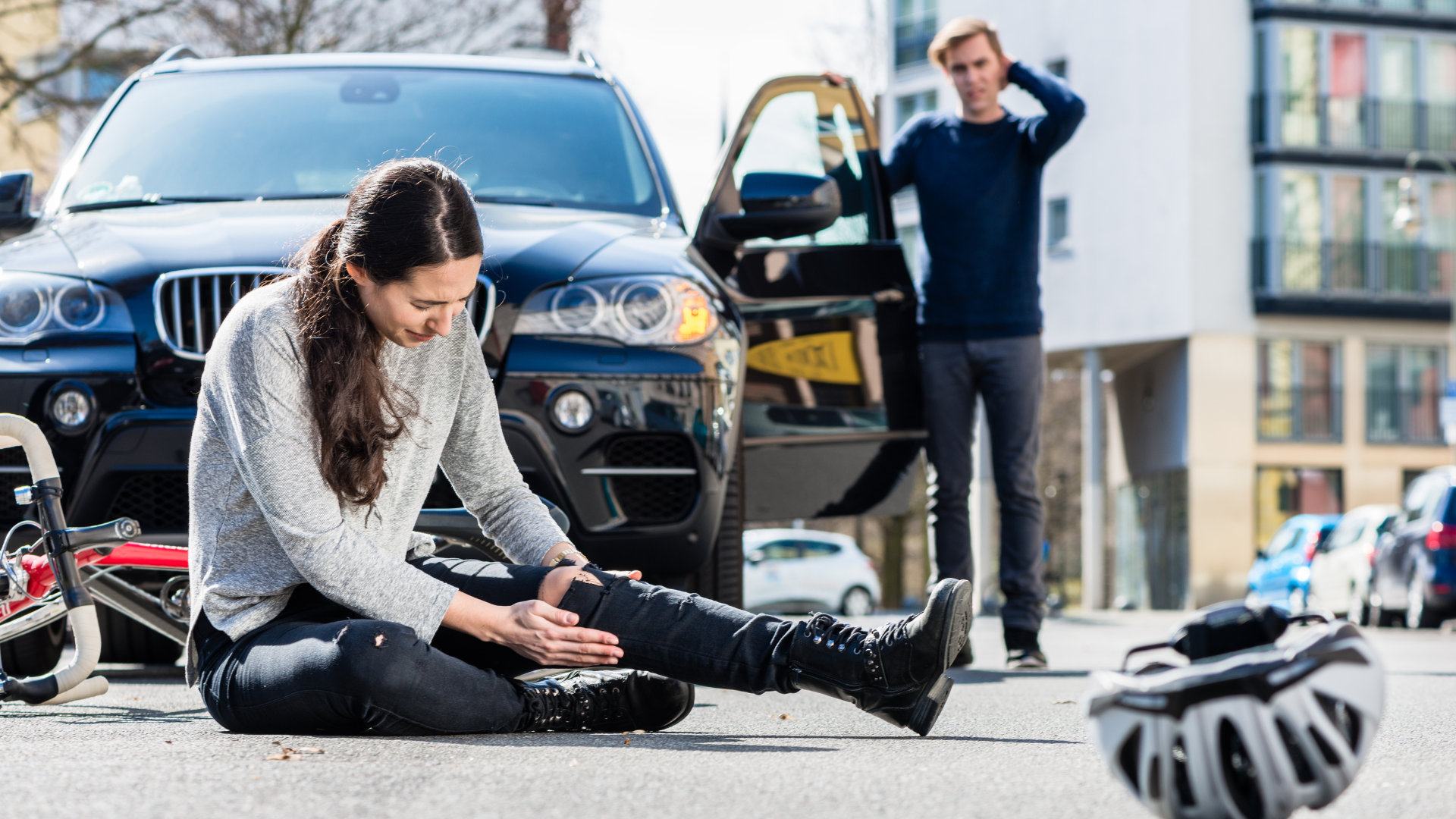Being specialized in personal injury, Greg Kirakosian deals with gross negligence on an everyday basis. And although it’s a mouthful of a word to say, it’s an essential term for these types of cases, therefore it’s important to understand the concept in case you’re ever faced with personal injury. The professionals at Kirakosian Law Group are determined to teach you what you need to know and to help you so you can find the justice and compensation you deserve.
What Gross Negligence Means
In a gist, negligence is when someone fails to take reasonable action in a situation where they owe a duty of care to another person. Now, when we say “reasonable care,” we mean acting like any ordinary person would in a similar situation to prevent harm. But what if someone’s carelessness goes way beyond the norm? That’s where it’s defined as gross negligence.

Above and Beyond Negligence
Gross negligence isn’t your average absentminded mistake. It’s more like a monumental level of mistake. In other words, gross negligence happens when someone’s actions are so outrageously careless that they blatantly disregard the well-being of others to the point where it could almost seem like they refused to provide the safety measures they were responsible for from the beginning.
An Example of Negligence vs. Gross Negligence
Picture this, you’re at a friend’s pool party, and they forgot to put up a “Slippery When Wet” sign near the pool. You take a dive, slip on the wet surface, and sprain your ankle. Now, if your friend simply forgot to put up the sign, that could be considered ordinary negligence because it could be seen as a lack of reasonable care.
But if your friend not only forgot the sign but also left the pool deck drenched with water, didn’t bother cleaning it up, and then laughed while you slipped, that’s a whole other level. That’s where gross negligence comes in. They were so reckless that they practically invited an accident to happen.
Why Gross Negligence Matters in Personal Injury Cases
So, you might be wondering, why does it even matter if negligence is “gross” or not? Well, it’s all about accountability and compensation. When someone’s actions cross the line into gross negligence, the consequences can be far worse. In many legal systems, including California’s, the injured party can often seek punitive damages on top of regular compensatory damages if the nature of the negligence can be proved to be done with malice.
Punitive damages aren’t about covering medical bills or fixing your car; they’re about punishing the wrongdoer for their outrageous behavior. The idea is to discourage such reckless actions in the future. So, gross negligence not only holds the responsible party accountable but also prevents others from incurring such conduct.

Your Attorneys Duty in Gross Negligence Cases
Experienced attorneys in personal injury cases that involve gross negligence will make sure to take care of the following tasks that are going to pave the way to getting you the justice and compensation you deserve. Greg Kirakosian points out that these are essential to cover for a successful process.
Establishing Duty of Care
Proving that the other party owed you a duty of care is very important in any negligence claim. For gross negligence specifically, the attorney must show that the defendant’s behavior went above and beyond what any reasonable person would consider acceptable.
Proving Gross Negligence
To successfully establish gross negligence, your attorney needs to show that the defendant’s actions were not only careless but demonstrated a conscious disregard for the safety of others, basically meaning that they need to be able to prove that the person did it on purpose. This often involves presenting evidence of the defendant’s intentional or willful misconduct.
Calculating Damages
They must also assess the full extent of damages suffered by the plaintiff, including medical expenses, lost wages, pain and suffering, emotional distress, and any long-term consequences of the injuries. In cases of gross negligence, punitive damages may also be pursued to penalize the defendant’s actions depending on the severity and nature of their behavior.
Negotiation or Trial
Throughout the legal process, your attorney may engage in negotiations to reach a settlement with the opposing party. However, if a fair settlement cannot be reached, the case may proceed to trial, where the attorney presents the evidence before a judge and jury.
Don’t Be Negligent, Call The Experts
As you have learned today, gross negligence is at the top of the list when it comes to personal injury. It can cause serious implications in these types of cases. If you find yourself in a situation where someone’s recklessness has caused you harm, it’s important to consult with legal experts who can efficiently guide you through the process.
And that’s where Kirakosian Law Group, comes in! The team of experienced professionals knows the ins and outs of personal injury law, including the fine distinctions between ordinary and gross negligence. So, if you’re in a situation in which you suspect you’ve been a victim of gross negligence, don’t hesitate to reach out to them. They’re determined to fight for your rights and make sure justice is served, no matter how big or small the “whoops” may have been.
